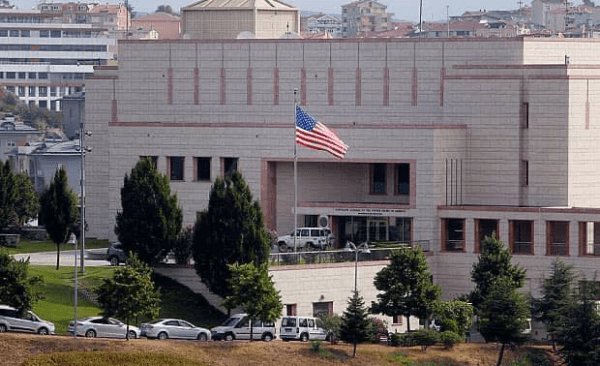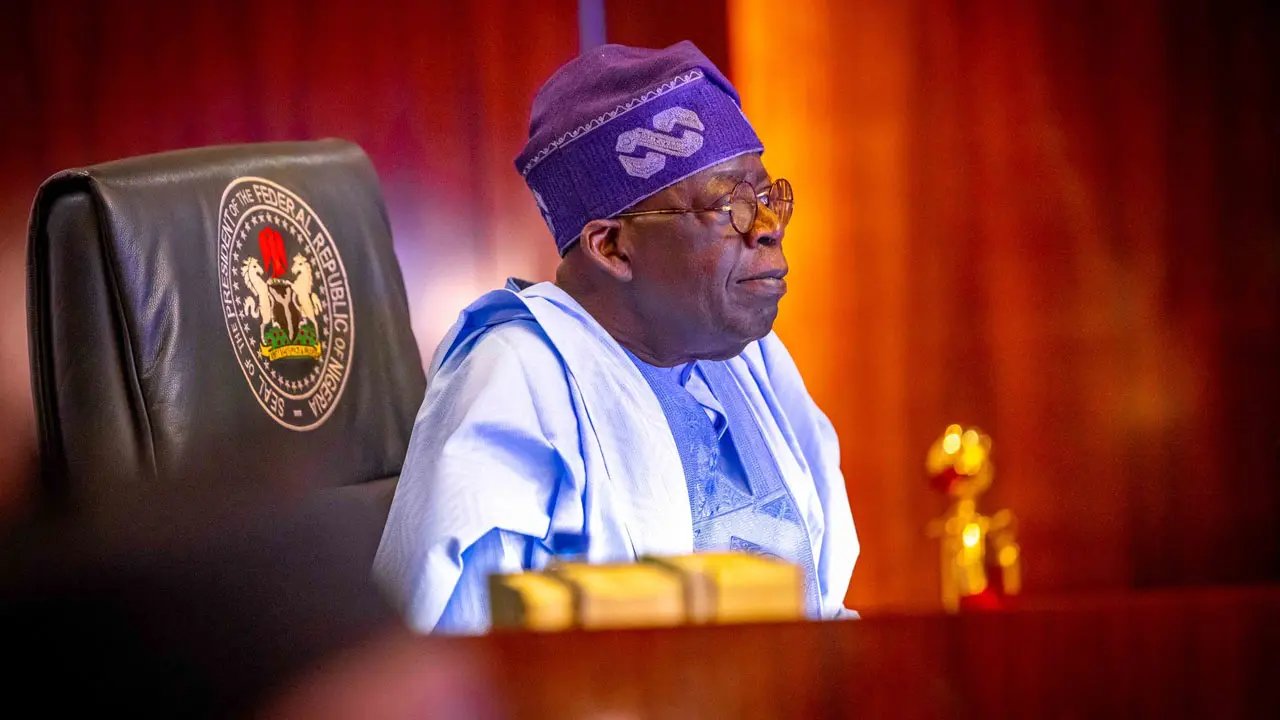
U.S. Embassy in Abuja Suspends Social Media Updates as Government Shutdown Begins

The U.S. Embassy in Abuja has announced the suspension of its routine social media updates following the official commencement of the federal government shutdown in Washington on October 1, 2025.
The decision, outlined in a brief statement, highlights how the political gridlock in the United States is rippling far beyond its borders, affecting diplomatic communication channels that millions rely upon daily.
The shutdown was triggered after Congress failed to pass a funding bill amid deep disputes between Republicans and Democrats over proposed spending cuts and budget priorities. Without an agreement, the federal government was forced to halt non-essential operations, immediately furloughing about 2 million federal workers and freezing a wide range of services. For embassies abroad, that meant scaling back public communication, including the updates regularly posted to platforms such as X, Facebook, and Instagram.
In Abuja, the move has raised concerns among Nigerians who depend on the embassy’s online platforms for timely information about consular services, visa procedures, and travel advisories. While emergency services remain operational, the embassy clarified that routine communications will not continue until Congress resolves the funding stalemate. Analysts note that such disruptions, though temporary, can create confusion for applicants and travelers who depend heavily on U.S. embassies’ digital presence for guidance.
The suspension in Nigeria is not an isolated case. U.S. embassies in India and Malaysia issued similar notices, citing the same budgetary restrictions. This points to a sweeping global impact, with more than 170 embassies and consulates affected. From visa application delays to slower dissemination of security advisories, the consequences stretch across continents. For a country like Nigeria, where thousands apply annually for U.S. visas, even a temporary communication blackout could cause significant frustration and logistical setbacks.
The broader picture underscores how U.S. domestic politics can have unintended consequences abroad. Embassies are not just diplomatic outposts; they function as lifelines for foreign nationals, businesses, and citizens navigating cross-border issues. The sudden silence on their social channels reflects a vulnerability in global communication systems that depend heavily on steady U.S. federal funding. For Nigerians already grappling with delays in visa processing times and high demand for appointments, this development adds yet another layer of uncertainty.
This shutdown also renews questions about the stability of U.S. governance. The recurring inability of Congress to reach consensus on budgetary matters has, over the years, eroded public trust in Washington’s ability to manage basic governmental functions. While shutdowns are not new—there have been 21 since 1976—the global digital age has magnified their reach. In previous decades, the impact might have been felt primarily by American workers and citizens, but today, embassies across the world act as essential service providers whose absence leaves gaps felt immediately in foreign capitals.
In Nigeria, the timing is particularly delicate. The suspension comes at a moment when thousands of students are preparing to travel to the U.S. for studies, and many families are in the middle of processing applications ahead of holiday travel seasons. Online advisories from the embassy typically serve as real-time guides on visa interview scheduling, required documentation, and safety alerts. Their sudden disappearance could lead to misinformation spreading in the absence of official updates.
The State Department has attempted to reassure the public, emphasizing that emergency consular services will continue. However, its acknowledgment that most routine embassy operations could be slowed or halted has not done much to ease concerns. Nigerians with urgent applications are left in limbo, uncertain whether their timelines will be honored.
As global reactions pour in, critics argue that the situation is a reminder of how internal U.S. political dysfunction creates ripple effects that damage its credibility abroad. For Washington, the optics of embassies going silent in multiple countries feed into perceptions of an inconsistent partner at a time when global diplomacy demands reliability.
Until Congress finds common ground, Nigerians and millions of others worldwide must brace for reduced engagement from U.S. embassies. The silence on their social media pages is not just a technical inconvenience; it is a symbol of how fragile international connectivity can become when domestic politics fails.
For many in Abuja and beyond, it is yet another example of how the decisions made in the halls of Capitol Hill reverberate far across oceans, affecting the daily lives of people who had no hand in making them.

